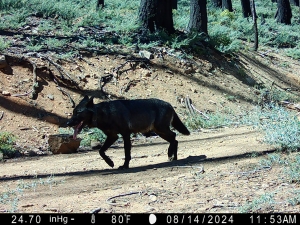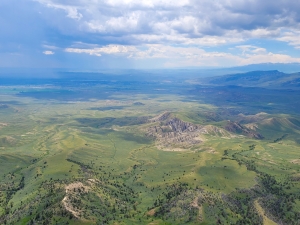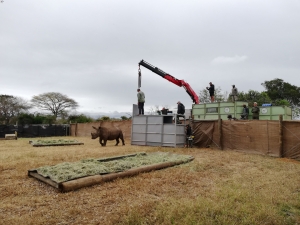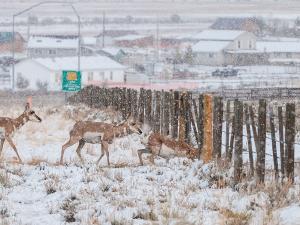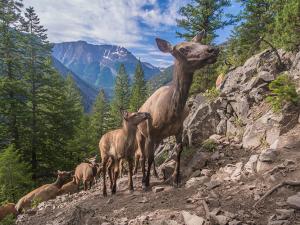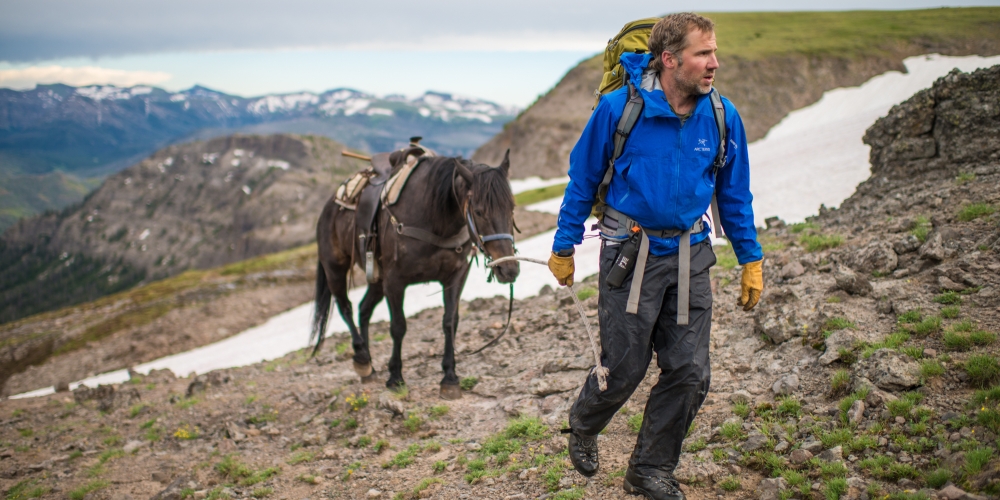

Research Bio
Arthur Middleton is the Goertz Professor of Wildlife Management in the Department of Environmental Science, Policy, and Management at UC Berkeley, where he also serves as faculty co-director of the James and Cathleen Stone Center for Environmental Stewardship. His research group focuses on the behavioral and population ecology of wide-ranging wildlife, with emphasis on habitat conservation and human-wildlife conflict solutions. Professor Middleton has advised government agencies and contributed to public understanding through major publications like The New York Times, The Wall Street Journal, and National Geographic.
Research Expertise and Interest
wildlife, biodiversity, ecology, conservation, environmental policy, environmental writing
In the News
How Penguins Reshape Puma Habits in Patagonia
Pups in Tow, Yellowstone-Area Wolves Trek Long Distances To Stay Near Prey
California Wolf Project Will Advance Science and Management of Gray Wolves
UC Berkeley Launches New Center Focused on Environmental Stewardship
Improving Wildlife Restoration Outcomes Through Community Engagement
New study reveals how fences hinder migratory wildlife in the West
What drives Yellowstone’s massive elk migrations?
Featured in the Media
Roughly 20,000 migrating elk appear ready to adapt to climate change, finds a new survey led by Berkeley researchers. Tracking more than 400 GPS-collared elk in nine herds between 2001 and 2017, the researchers aimed to "create a comprehensive model of what drives these animals to move." Assistant environmental science, policy, and management professor Arthur Middleton, the study's senior author, says: "In some ways it kind of confirms some things we would have expected based on anecdotal comments. ... This is just a much bigger, comprehensive look at the drivers, looking at the variation across the system." Co-author Gregory Rickbeil, a postdoctoral researcher in Professor Middleton's lab, says: "We found that the immediate environment is a very effective predictor of when migration occurs. ... It seems like these animals can adapt to changing climates, which is likely a good thing. ... But there will be a lot of consequences to these changes." For more on this, see our press release at Berkeley News. Other stories on this topic appeared in the Salt Lake Tribune, The Hill, and goHunt.



